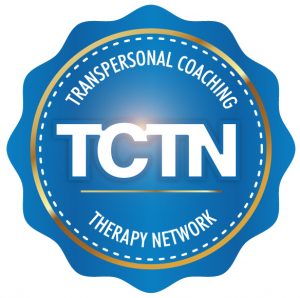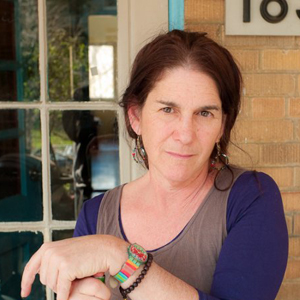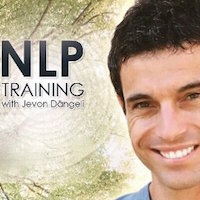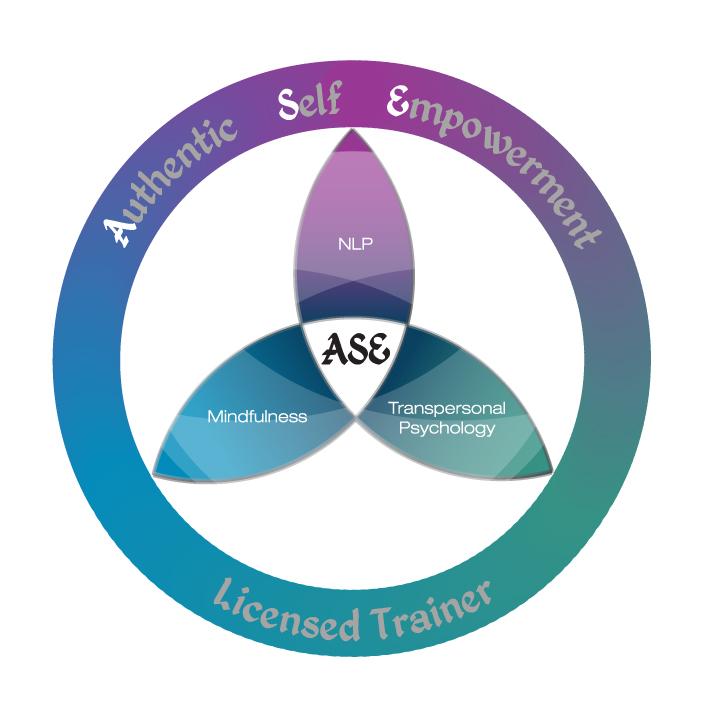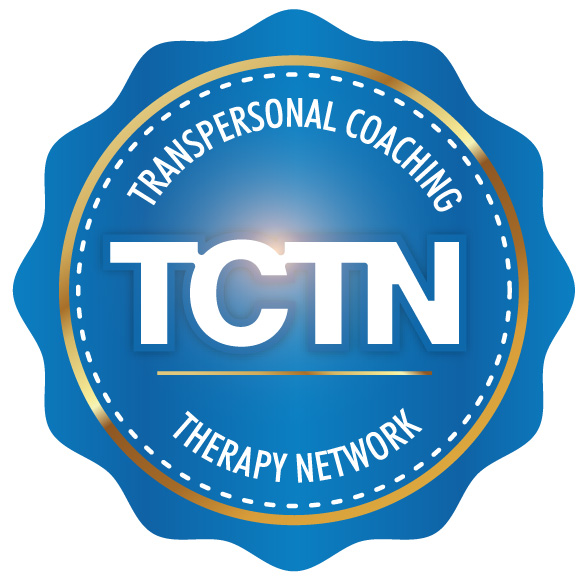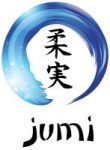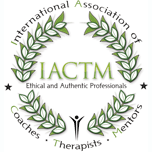Transpersonal Coaching & Therapy Network Forum
Use of this forum is exclusively for TCTN members.
.
For information about TCTN membership (free) visit the TCTN page.
.
Register or login below to add a new forum topic or respond to an existing topic.
Notifications
Clear all
TCTN Forum
5
Posts
3
Users
0
Likes
1,062
Views
Topic starter
11/02/2018 3:35 pm
As a Jungian Supporter (and MBTI Practitioner), I have found that identification with a unique personality type can be transformational from a coaching perspective; however, it can also strengthen a feeling of disparity from others. LeShan (2003) refers to “a state of dualistic separation, where relationships are on a self-other basis”. He believed that this duality was an illusion, and that the universe is in fact unitary. According to Levy (1981), most Jungians struggle with this realm because of their deep belief in individual differences (p.9). “We can get… attached to what we think is true—even when presented with evidence to the contrary…our worldview determines what we’re capable of seeing, and therefore determines our perception of reality” (Schlitz, 2008, 486-487).
When I progressed my studies in ASE and Transpersonal Coaching, I initially struggled with the concept of a non-dualistic reality. Epstein (1989) explains that “Because we retain a grandiose image of ourselves… when our actual experience does not correspond, we cannot relinquish the idealized image, but we experience a loss of meaning (p.64). My overactive ‘ego’ was keeping me in the dualistic realm, however, through transpersonal practice such as open awareness, I have come to experience myself anew. I believe that if we understand our 'self' better - what drives us, our core values, where are we not living authentically etc, it becomes easier to see through the veil of the false self, and 'ride the ego' towards transcendence and transformation. I have found that the Transpersonal Coaching Model (that incorporates the whole of the self) a useful tool to achieve such enlightenment but raise the following questions for debate:
1. Is development of the ego necessary prior to transpersonal development ? - As Maslow (1970) recognised “self-transcendence is a motivational step beyond self-actualization”
2. Wilber (1997) believes that to gain a union with the cosmos we need to transcend from a separation of ‘self’ . When coaching young children, (who are capable of having numinous experience) able to transcend from the point of view of transformation, if pre-egoic?
Topic starter
11/02/2018 5:00 pm
Apologies, I meant children in early egoic development, rather than pre-egoic. .. Thanks.
11/03/2018 9:19 am
You've raised important questions, Donna.
In response to your post, I'd like to pose a couple more questions along the same lines -
- When and for whom might healthy development of the ego be necessary (or recommended) prior to transpersonal development?
- Can there be transpersonal development without there being an ego in the first place?
23/03/2018 6:20 pm
Hi Donna, Jevon, and Everyone Else,
I've never been a personal fan of Wilber, but probably because I just don't understand him fully. I find him somewhat intellectually orientated.
Even so, he poses an issue that may be relevant here: the pre/trans fallacy. When we experience altered or expanded states of conciousness, or as part of the transpersonal coaching process, do we regress to a more natural, unpolluted, pure state; or do we evolve to something beyond the ego that didn't exist before?
Why would this distinction be important? In what way would this "fallacy" change our coaching approach?
For example, why, in transpersonal coaching, do we work on integrating altered states of conciousness with the ego and daily life, instead of just seeking out the peak experience for the sake of the experience?
And what, by the way, is the ego? Jung may have considered it a sub-personality complex with a will of its own (or did he?), but perhaps the ego is more a process than a psychological "thing". And why would this be important?
Cool discussion!
Hennie
Topic starter
22/04/2018 6:52 pm
Ooh so many perspectives to discuss.. firstly if we look at Wilber, Jung, Washburn or even Freud, all have their own takes regarding Preegoic (and Transegoic) states, whether they are from a collective unconscious or based on basic individual instincts - all may in the end be irrelevant if the universe is in fact unitary.. in which case the ego (as postulated by Taylor) is simply an illusion.. However, as we all have to contend with this time and space, it is extremely difficult to ignore the ego and its ultimate causes of suffering. For me, the importance of ego in the coaching arena is that it builds awareness of new meaning. We need to ego to hold the space whilst new perspectives are integrated.. and once formed.. ego can be used as a comparative to help unveiling of the true self. Without this platform, transcendence may be meaningless. Even so.. does this even matter? . If the ego has no purpose then why do we have it at all, why not stay in a non-egoic state? Perhaps individuation is God's way to evolve through us..
I am no expert but from a TP perspective perhaps we do focus too much on the integration.. perhaps being in a state of 'being' is enough.. but if we wish to achieve change then practice is needed in order to attain shifts in worldview.. that way our desired reality can develop naturally.
As a Jungian Supporter (and MBTI Practitioner), I have found that identification with a unique personality type can be transformational from a coaching perspective; however, it can also strengthen a feeling of disparity from others. LeShan (2003) refers to “a state of dualistic separation, where relationships are on a self-other basis”. He believed that this duality was an illusion, and that the universe is in fact unitary. According to Levy (1981), most Jungians struggle with this realm because of their deep belief in individual differences (p.9). “We can get… attached to what we think is true—even when presented with evidence to the contrary…our worldview determines what we’re capable of seeing, and therefore determines our perception of reality” (Schlitz, 2008, 486-487).
When I progressed my studies in ASE and Transpersonal Coaching, I initially struggled with the concept of a non-dualistic reality. Epstein (1989) explains that “Because we retain a grandiose image of ourselves… when our actual experience does not correspond, we cannot relinquish the idealized image, but we experience a loss of meaning (p.64). My overactive ‘ego’ was keeping me in the dualistic realm, however, through transpersonal practice such as open awareness, I have come to experience myself anew. I believe that if we understand our 'self' better - what drives us, our core values, where are we not living authentically etc, it becomes easier to see through the veil of the false self, and 'ride the ego' towards transcendence and transformation. I have found that the Transpersonal Coaching Model (that incorporates the whole of the self) a useful tool to achieve such enlightenment but raise the following questions for debate:
1. Is development of the ego necessary prior to transpersonal development ? - As Maslow (1970) recognised “self-transcendence is a motivational step beyond self-actualization”
2. Wilber (1997) believes that to gain a union with the cosmos we need to transcend from a separation of ‘self’ . When coaching young children, (who are capable of having numinous experience) able to transcend from the point of view of transformation, if pre-egoic?
Apologies, I meant children in early egoic development, rather than pre-egoic. .. Thanks.
You've raised important questions, Donna.
In response to your post, I'd like to pose a couple more questions along the same lines -
- When and for whom might healthy development of the ego be necessary (or recommended) prior to transpersonal development?
- Can there be transpersonal development without there being an ego in the first place?
Hi Donna, Jevon, and Everyone Else,
I've never been a personal fan of Wilber, but probably because I just don't understand him fully. I find him somewhat intellectually orientated.
Even so, he poses an issue that may be relevant here: the pre/trans fallacy. When we experience altered or expanded states of conciousness, or as part of the transpersonal coaching process, do we regress to a more natural, unpolluted, pure state; or do we evolve to something beyond the ego that didn't exist before?
Why would this distinction be important? In what way would this "fallacy" change our coaching approach?
For example, why, in transpersonal coaching, do we work on integrating altered states of conciousness with the ego and daily life, instead of just seeking out the peak experience for the sake of the experience?
And what, by the way, is the ego? Jung may have considered it a sub-personality complex with a will of its own (or did he?), but perhaps the ego is more a process than a psychological "thing". And why would this be important?
Cool discussion!
Hennie
Ooh so many perspectives to discuss.. firstly if we look at Wilber, Jung, Washburn or even Freud, all have their own takes regarding Preegoic (and Transegoic) states, whether they are from a collective unconscious or based on basic individual instincts - all may in the end be irrelevant if the universe is in fact unitary.. in which case the ego (as postulated by Taylor) is simply an illusion.. However, as we all have to contend with this time and space, it is extremely difficult to ignore the ego and its ultimate causes of suffering. For me, the importance of ego in the coaching arena is that it builds awareness of new meaning. We need to ego to hold the space whilst new perspectives are integrated.. and once formed.. ego can be used as a comparative to help unveiling of the true self. Without this platform, transcendence may be meaningless. Even so.. does this even matter? . If the ego has no purpose then why do we have it at all, why not stay in a non-egoic state? Perhaps individuation is God's way to evolve through us..
I am no expert but from a TP perspective perhaps we do focus too much on the integration.. perhaps being in a state of 'being' is enough.. but if we wish to achieve change then practice is needed in order to attain shifts in worldview.. that way our desired reality can develop naturally.
THIS FORUM IS FOR:
- Exploring the value of transpersonal perspectives in coaching or therapy.
- Investigating the usefulness of transpersonal interventions in coaching or therapy.
- Engaging in conversations to inspire and motivate a transpersonal vision among coaches and therapists.
- Introducing and discussing transpersonal models and processes that can be applied in coaching or therapy.
- Sharing ideas, knowledge, experiences and resources that are useful to transpersonal coaches or therapists.
FORUM RULES:
- Only TCTN members are permitted to post in the TCTN forum. Membership is free
- Posts that are offensive, biased, unethical, unfair or generally negative will not be accepted.
- Any misconduct on the part of a member will result in that member being removed from TCTN and all their member benefits withdrawn.
- It is acceptable to link to published papers, articles and resources that are directly related to the topic of the forum post, however, promoting of services will not be allowed unless the service is relevant and has been granted the IACTM Stamp of Approval.

